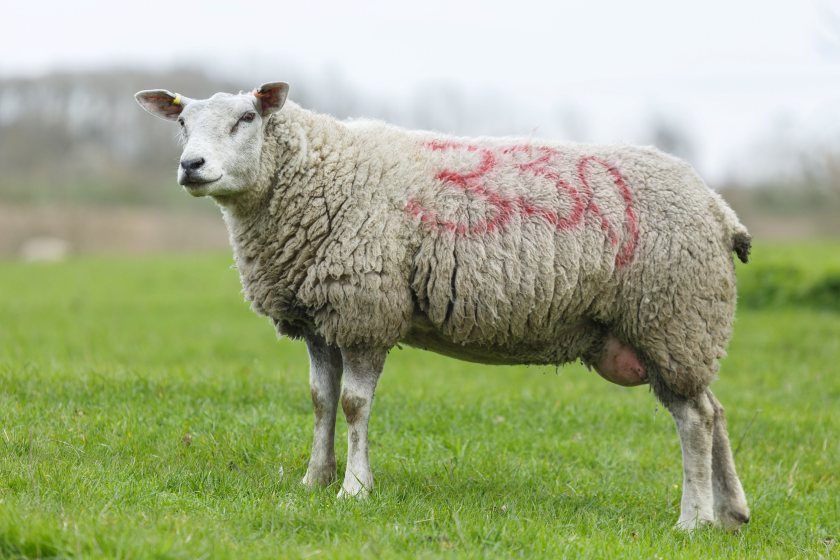'Make land and animals less attractive to theft', farmers told

The NFU has joined forces with the National Rural Crime Unit (NRCU) to help farmers reduce the risk posed by livestock theft – a crime which costs farmers millions a year.
With beef and lamb prices climbing, livestock rustling shows no sign of slowing down: according to NFU Mutual, the crime cost the industry an estimated £3.4 million in 2024.
Sheep remain the most common target, with figures suggesting that around 70% of livestock stolen in 2024 were sheep or lambs.
In response, the NFU has teamed up with the NRCU to help farmers and landowners bolster on-farm security in a bid to stamp out theft.
“Farm theft prevention can seem like a chore because it slows our day down,” says Martin Beck, Police National Livestock Theft Coordinator at the NRCU.
“However, applying basic prevention might just stop someone from stealing your animals.”
Securing access to fields is one of the most effective measures, the NFU and NRCU says. Keeping boundaries maintained, padlocking gates, and reversing gate pins so they cannot be lifted off their hinges all make life harder for criminals.
Where possible, farmers are also encouraged to use barricades to stop trailers from entering fields or to make turning space near gateways more difficult.
In areas where access cannot be physically blocked, investing in a gateway alarm that alerts when a gate is opened can provide valuable early warning.
“These thieves don’t want to be seen or heard, to take long gathering and loading, or to leave any forensic evidence behind, and so making your field and animals less attractive to theft is key,” says Mr Beck.
Clear animal identification is another key deterrent, according to the the groups. Freeze-branding cattle or marking sheep with bright and distinctive flock marks makes it more difficult for thieves to pass stolen animals off as their own in auctions or slaughterhouses.
Maintaining a sense of presence on the farm is also crucial. CCTV or numberplate recognition cameras at entrances can discourage criminals, while regular, varied stock checks make it harder for thieves to predict when they might go unnoticed.
Farmers are also encouraged to involve their communities — neighbours, local tradespeople, walkers, and even postal workers can play a role in spotting suspicious behaviour.
Where possible, high-risk animals such as sheep and lambs should be grazed in fields out of sight of roads, reducing the temptation for thieves who are scouting for easy opportunities.
Despite best efforts, livestock thefts still happen. Farmers are urged by both organisations to contact the police immediately and provide as much information as possible.
Good record-keeping makes this easier, allowing farmers to quickly provide tag and passport numbers for stolen stock. Sharing observations about how or when a theft might have occurred can also help officers identify lines of inquiry.
The NFU says: “The sooner you can provide the police with this information, the sooner they will be able make local livestock auctions and abattoirs aware of the theft."
To strengthen the fight against livestock theft, the NRCU has launched Operation Foldyard, aimed at improving intelligence-sharing and building police knowledge of farming practices.
In some areas, rural crime officers will stop vehicles carrying livestock — not to inconvenience farmers, but to deter offenders and increase familiarity with traceability and movement rules.
Farmers are being encouraged to report any suspicions, whether directly to local police teams, anonymously through Crimestoppers, or via the National Food Crime Unit’s online tool if they suspect stolen livestock has entered the food chain.
Although the financial losses are significant, Mr Beck warns against panic. “As our awareness of livestock theft grows it can naturally increase our assumptions and fear," he adds.
“However, although we should keep livestock thefts at the back of our minds and remember the basics of theft prevention at all times, the risk to individuals of theft is still low.”








